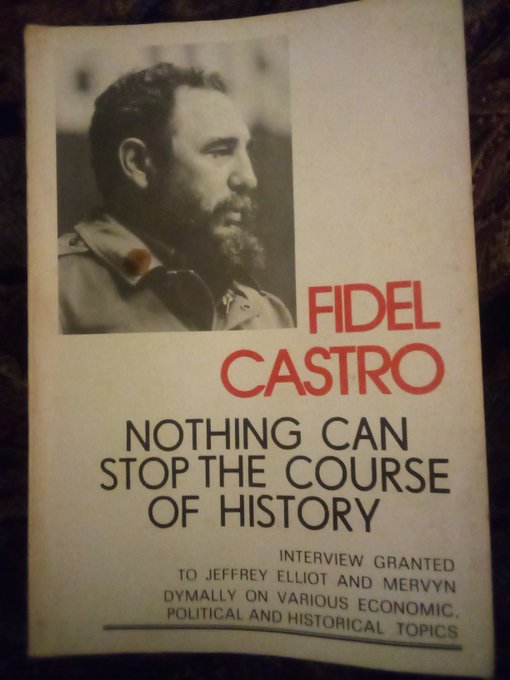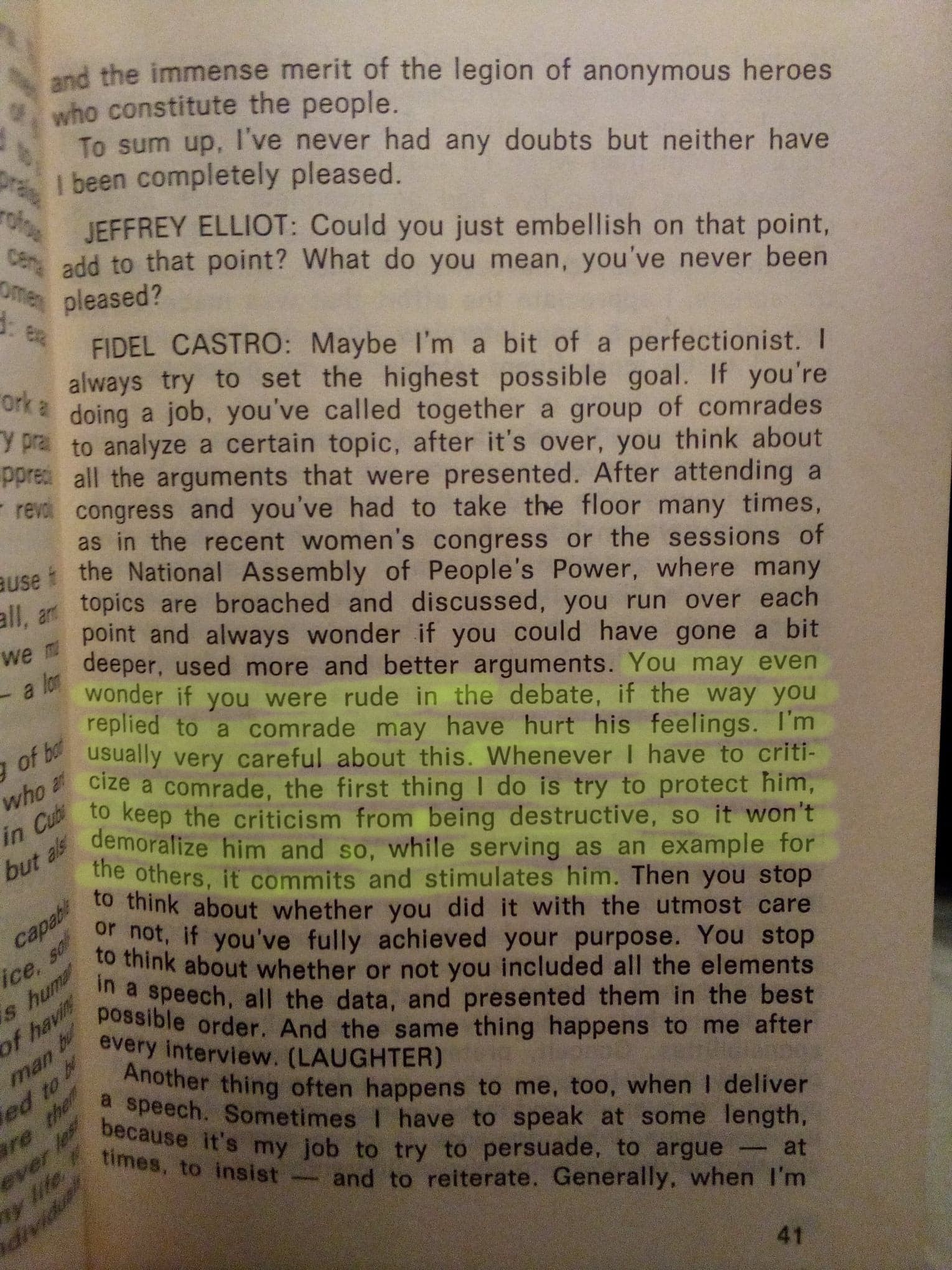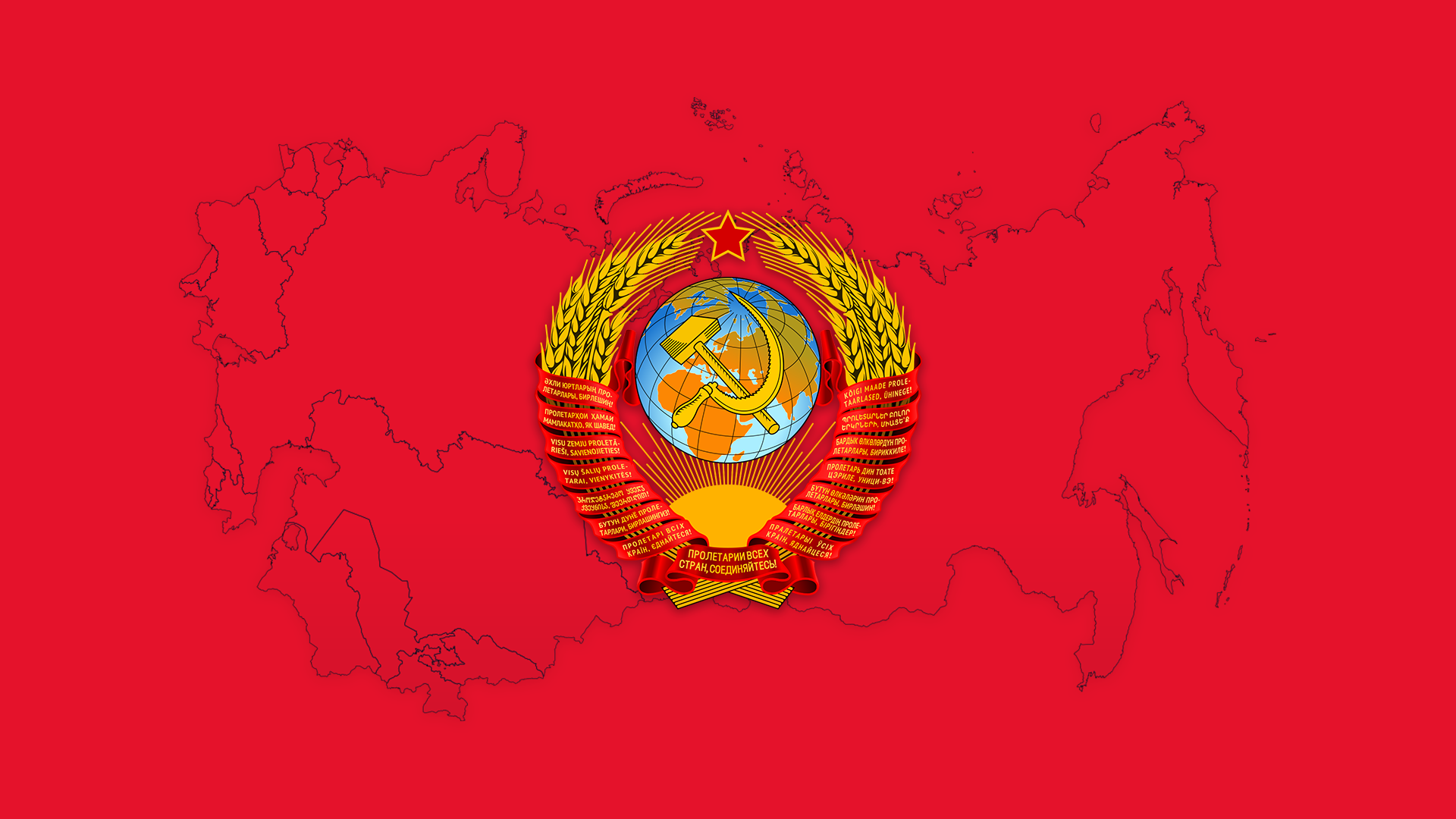There isn’t really a reason to do an “either or” here but a “yes and”.
Both have happened in every successful socailist revolution.
I think that for many regular people, “tax the rich” is not as tainted with anti-communist propaganda as “seize the means of production”. Taxing the rich does weaken them. Revolutions aren’t built in a day comrades.
Soviet Entropy
- 4 Posts
- 23 Comments

 41·4 days ago
41·4 days agoI also wanted to add that not Marx, Engels, Lenin, Stalin, nor Mao came up with dialectical materialism. It was actually a guy called Dietzgen. No one reads him anymore but you can if you want. Lenin and Stalin quote him heavily since he’s the first one to actually use the term.
You may also see similar things outside of Marxism which look quite a bit like dialectics. Structuralism does something really similar with it’s “inverses” concept. I’m not a fan of dialectics since it feels a bit too idealist for me. Mechanical Materialism is more my style but it’s nothing worth fighting over.

 6·4 days ago
6·4 days agohere you go comrade :D


 14·5 days ago
14·5 days agoIt’s important for us not to waste out time arguing with rightoids but I think you may be a bit overtuned comrade. I think we can learn from Fidel on this one :D


 111·5 days ago
111·5 days agoThere might be a list someone made somewhere but I don’t think that’s how most people use dialectics.
Usually it’s clear what the internal conflict is in something. In the US there are the conflict between workers and owners, but in electoral politics/government many would say that the conflict is actually between one side of the capitalists and another (there isn’t a worker party in government in the US).
Anything where there is a tradeoff to be made and where human groups are involved will probably get called a “contradiction” or a “dialectic” by a Marxist at some point. Maoists tend to use the terms much more broadly, even describing the process of water boiling as a dialectic/contradiction. Next time you see a a hierarchy or a power structure or something, think about whether there are two sides competing over a limited resource. That’s a dialectic way of thinking. If you assume that the most important things controlling that conflict are physical, you’re a dialectical materialist.

 7·5 days ago
7·5 days agocalm down

 201·5 days ago
201·5 days agoThere are many ways of modelling the same thing.
Imagine you have a limited amount of money to fence in your yard.An economist would say “you have a budget”.
A cyberneticist or a linear programmer would say “you have a potentially binding constraint on your objective function”.
A marxist might say “there is a contradiction between the size of your enclosure and the amount of fence you can buy”.
A normal person would say “well there’s a tradeoff. I can fence in my whole yard or I can spend my money to go drinking on the weekends.”All of these basically say the same thing. Marxists like to use dialectics which is a philosophical idea originally from idealist philosophers. When brought into the realm of materialist philosophy it gets called dialectical materialism.
Materialist philosophy is the idea that ultimately everything is matter and energy. Nowadays this gets called Physicalism sometimes. Idealist philosophy says that there are things which do exist but which are not material or energy. Ideas, gods, angels, conciousness, etc. Most people have a combination of these two ideas and so would accurately be called “Dualist” but internet leftists tend to use the term “Idealist”.
The simplest way to understand a “dialectic” is, I think, the following:
At the start of the industrial revolution in England there were the old lords and a new wealthy business class. There was a conflict between them over the limited resources. There are only so many people to control, luxury goods to purchase, government positions to hold, etc. And these people have different interests. So a Marxist would say, when speaking in terms of dialectics, that “there is a contradiction between the aristocracy (landowners) and the bourgeoisie (business owners, capitalists)”.Now obviously the relative strength of either side in this conflict can change. Maybe the business class start organizing and take more seats in parliament, maybe the lords begin raising their own knights and armies again, etc. A marxist would say that this change is actually not unusual but a key part of the system. They say that modelling things using dialectics and materialist philosophy means we can understand how things change and not be so surprised when they do. And when something does change they might say “the dialectic is in motion” or “the contradictions are sharpening”.
Ultimately the entire thing is fancy language from the 1800s that should probably be replaced because it’s alienating and bad for propaganda. “Conflict”, “tradeoff”, and “change” are much more sensible in 21st century English than “contradiction”, “dialectic”, and “motion”.

 2·11 days ago
2·11 days agodo you have a link?
i found the one for Allende. https://www.alibaba.com/product-detail/N109-116-Line-Infantry-Wehremacht-Micah_1600948742005.html

 20·17 days ago
20·17 days agoIf you want to find out more (altho that’s the long and the short of it) the search term you want is “carry trade”.
Their website lists the Austin Texas Branch of the CPUSA as a signatory?
The ones who were just the “current thing” because their branch was liquidated?

 7·1 month ago
7·1 month agoI’m sorry for the confusion, but my definition is not whether the government does something. There are nationalized industries which are still governed entirely by exchange value and not at all by use value.
You are absolutely correct that markets != capitalism. I was not trying to make that argument.

 2·1 month ago
2·1 month agoI’m glad you like it! I have another one on my profile for the USSR.

 3·1 month ago
3·1 month agoThat being said, I do agree that economic systems can co-exist with each other, but in a struggle for dominance that is
That’s what I’m saying and what Marx is saying in the first volume of Capital. Societies can have one mode that predominates but they still have multiple modes.
Regarding the UK, the NHS was almost fully de-commodified at its height. Public schools in many countries operate entirely de-commodified as well (with obvious expections). In modern Cuba the healthcare still works this way, as does the entire education system. This is a sector of the economy that is communist. Many FLOSS software projects are also part of the communist sector as well. Almost no society has a single mode of production. They are, for clear reasons as you pointed out, under attack. The dialectic will be in motion until its resolved. And I call that period of transition “socialism”. I know some take issue with this term.
Thanks for your reply.

 5·1 month ago
5·1 month agoAll good points!
I think that in many socialist sectors there is a focus on use value for sure, but exchange value is still there in many ways. The USSR had plans but they were monetary plans, for example. At its height, Gosplan only planned around 10k goods in an economy of almost 2 million. Clearly it’s not purely capitalist, but there are still exchange value determinations there (it’s in transition) because these firms were producing things to be sold (though not ALL of what they did was for this).Maybe this is just semantics over the term “socialism”. It did, afterall, change definitions after the first successful revolution (the USSR). I hope my definition made clear what I meant by this. I don’t think the exact definition of socialism effects the idea that there are industries where production and distribution are not entirely determined by exchange value but in a dialectic with use value.
I am of course simplifying but I just wanted to share a nice synthesis that helped us avoid infighting. Thanks for your reply.

 6·1 month ago
6·1 month agoAlso the image is a wallpaper I made of Cuba. I hope you all enjoy.

 15·1 month ago
15·1 month agoI’m not too familiar with Deng. Could you explain more of his geo-politics? Thanks in advance comrade.

 4·1 month ago
4·1 month agoIs Resolution 5 really about voting for Biden?
Is there somewhere CPUSA defines their “broad front”?I live outside the US so I’m not up to date on American politics?

 17·2 months ago
17·2 months agoThere have been gains made by anarchist movements. Much of the major retreats the IMF took in the early 2000s were the direct result of the Direct Action Network, for example. Anarchists were majorly involved in Occupy (a radical mass moment that, i.m.o. because of the lack of a vanguard party, petered out). Long-term sustainability and viability is what they lack. They have had lasting gains in capitalist states (the 8 hour day, etc.), they have had revolutions, but after the revolution starts they can’t seem to stick it out.
The important thing about being a communist is about not pontificating on the true spirit of this person or that group. You look at material things you aim to do and see who is against you and for you on an issue by issue basis as you build worker power. Spending time wondering what the true nature of an ideology’s followers is is idealism.


i think it’s important to read other things that go with it.
sakai wrote it as a polemic against a specific narrative common in the american left at the time. the context is important to sakai’s workas many people nowadays misinterpret his work because they come to it in our new context.
some of its economic content is lacking but it is worth reading.
also do respect to sakai and don’t become a keyboard warrior over his text, treating it like a religious doctrine to be prosletyzed. the way some people simply throw his text around like received wisdom is so irksome. they treat it like a speech from a videogame character instead of a polemic by an actual human being written in an important context.
i wish you an empowering read comrade. don’t let it stay as words in your head but let it become actions.